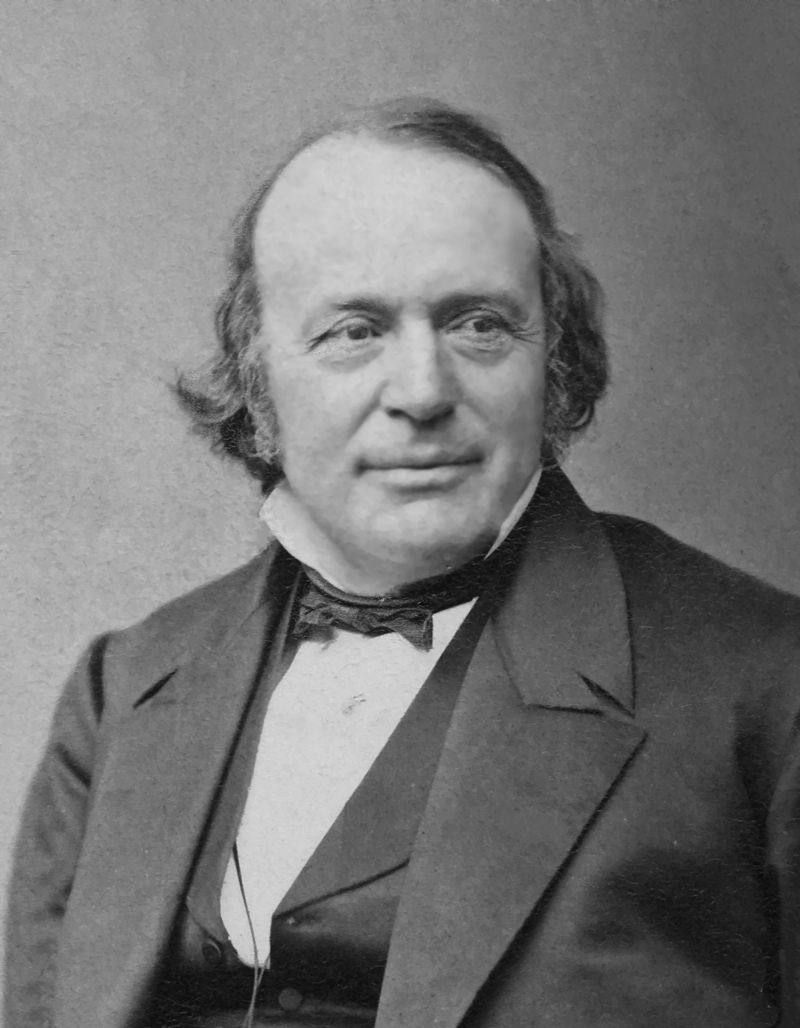Readers might remember the recent, rather desperate attempt at Scientific American to claim that non-Darwinists are white supremacists — which would be entertaining if the reality were not serious.

At any rate, Michael Flannery weighs in on an attempt to defend Darwin from charges of racism: For example, in a review of Adrian Desmond and James Moore’s Darwin’s Sacred Cause: How a Hatred of Slavery Shaped Darwin’s Views on Human Evolution (Houghton Mifflin Harcourt 2009, 448 pages)
… the essential problem with Desmond and Moore’s effort is their naive assumption that anti-slavery somehow means egalitarian and humanitarian. This is a conceptual problem that haunts the book throughout. There really is no reason to assume an immediate and direct relationship between the one and the other, and the example they themselves give of Charles Loring Brace on p. 328 is misguided and shows the selective treatment they give to this whole subject. Brace was indeed a vocal opponent of slavery and also an ardent Darwinist. What Desmond and Moore do not tell the reader is that Brace viewed blacks as inherently inferior and was himself a vocal opponent of miscegenation. In the words of historian George M. Fredrickson, Brace made “the Darwinian case for differentiation of the races by natural selection . . . [and] ended up with a view of racial differences which was far from egalitarian in its implications” (see his Black Image in the White Mind: the Debate on Afro-American Character and Destiny, 1817-1914, p. 234). Fredrickson quite accurately points out that “Brace’s pioneering effort to develop a Darwinist ethnology in opposition to the American School, although animated to some degree by antislavery humanitarianism, had demonstrated that most of the hierarchical assumptions of the polygenists could be justified just as well, if not better, in Darwinian terms” (p. 235).
The example of Josiah Clark Nott underscores this point. Desmond and Moore spend considerable time showing how the Alabamian’s rabid polygenism formed the basis for an extreme racism and justification for slavery; they fail to point out that in the end Nott was able to reconcile with Darwinism.
Michael Flannery, “Darwin’s Sacred Cause Offers Little New and Nothing of Importance” at Discovery Institute (April 8, 2010)
As noted earlier, in any Darwinian scheme, someone must be the subhuman. Otherwise, there is no beginning to history.
It may be helpful to keep in mind that opposition to slavery was not a radical position for a British gentleman like Darwin. Britain’s economy did not depend on slavery and most of the injustices of the Industrial Revolution were done to people who were not technically slaves. The issues around exploitation in his own environment were fought out on different grounds.
Making heavy weather out of Darwin’s — doubtless sincere and commendable — opposition to slavery seems intended to distract attention to views of his that would certainly be considered racist today.

Dr. Flannery also draws our attention to a lesser known figure, Louis Agassiz (1807-1873) who has baggage in this area that “cannot be lightly discarded or ignored.”
Note: A reader kindly writes to say that Charles Darwin’s Voyage of the Beagle is actually worse in this regard than The Descent of Man. Any who have read it are welcome to weigh in. Is the reader correct?
See also: At Scientific American: “Denial of Evolution Is a Form of White Supremacy” Wow. Has the Darwin lobby hired itself a PR firm that recommended getting someone on board to accuse everyone who doubts Darwin of being a “white supremacist”? Quite simply, Charles Darwin’s Descent of Man is surely by far the most racist iconic document ever to be lauded by all the Right People! And getting someone to holler about “white supremacy” among Darwin doubters is, ahem, just a cheap shot, not a response to the stark raving racism in print of the actual document. Guys, try another one.